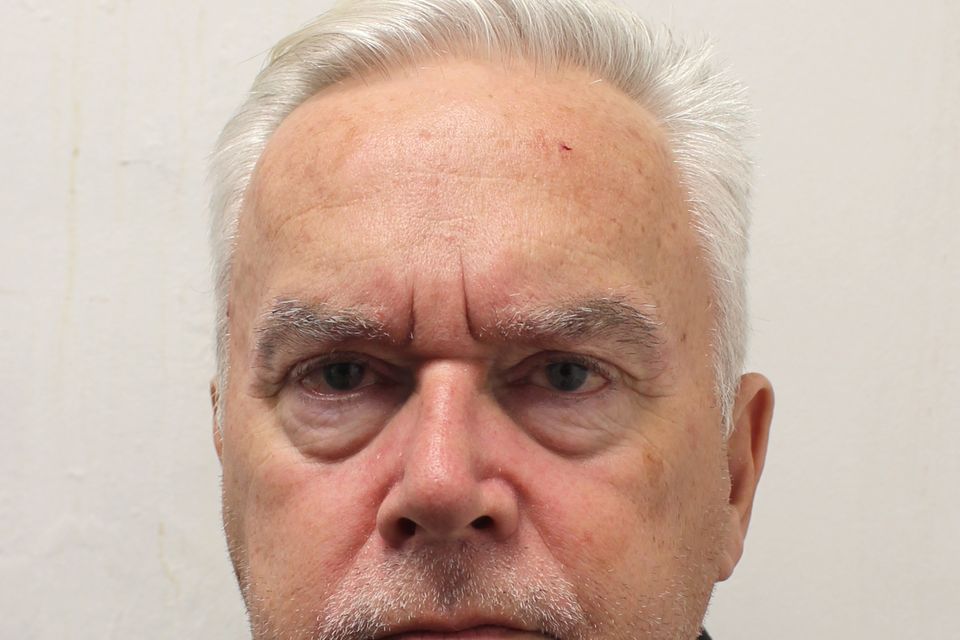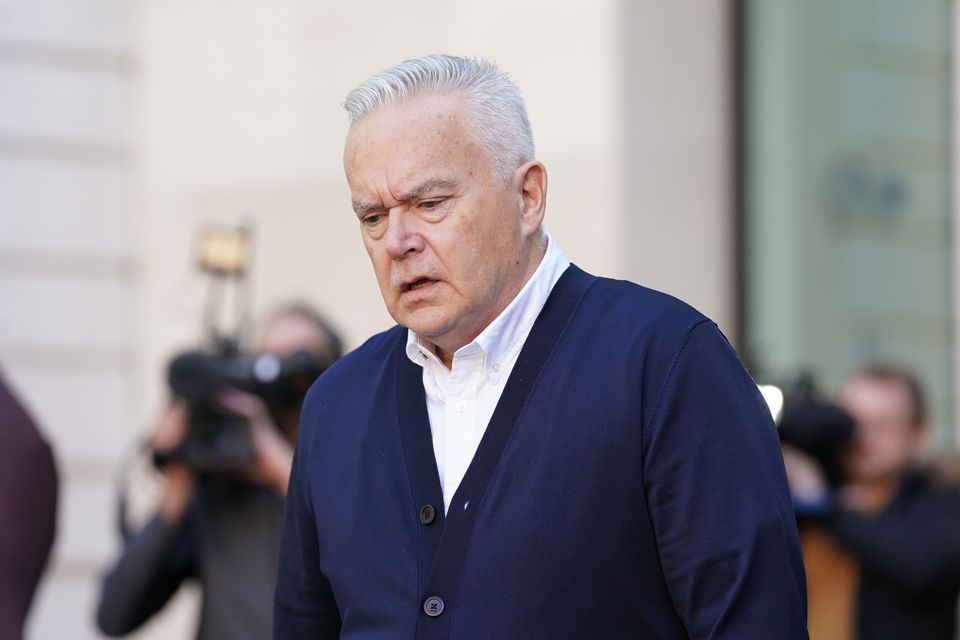
Jail time was never likely for Huw Edwards because of the nature of the case, a lawyer has said, amid questions over why the disgraced broadcaster is not behind bars.
The BBC presenter admitted accessing indecent images of children as young as seven but walked free from court on Monday after being handed a suspended prison sentence.
The punishment prompted some questions over whether it was appropriate for his crimes and whether he should be behind bars.
BBC director-general Tim Davie has since said he “can’t see” Edwards ever working for the corporation again in the wake of his “appalling crimes”.
Chief Magistrate Paul Goldspring, sentencing at Westminster Magistrates’ Court, said the 63-year-old’s reputation was “in tatters” and his reputational and financial damage was the “natural consequence of your behaviour which you brought upon yourself”.
Accepting Edwards previously had been of “exemplary” good character before committing the crimes, the judge said he was of the “clear view” the broadcaster did “not present a risk or danger to the public at large, specifically to children” and there was a “realistic prospect of rehabilitation” as he set out the reasons for the sentence.
Malcolm Johnson, head of abuse claims at firm Lime Solicitors, told the PA news agency: “The magistrate felt that Edwards did not need to go to prison to protect the public.
“In a case of this nature, a custodial sentence was never likely.
“This was an offender who presented himself to court, having made a guilty plea at the first opportunity, with evidence of mental health problems and expressing
Jail time was ‘never likely’ for Huw Edwards – lawyer
Huw Edwards admitted accessing indecent images of children (Metropolitan Police/PA)
Jail time was never likely for Huw Edwards because of the nature of the case, a lawyer has said, amid questions over why the disgraced broadcaster is not behind bars.
The BBC presenter admitted accessing indecent images of children as young as seven but walked free from court on Monday after being handed a suspended prison sentence.
The punishment prompted some questions over whether it was appropriate for his crimes and whether he should be behind bars.
BBC director-general Tim Davie has since said he “can’t see” Edwards ever working for the corporation again in the wake of his “appalling crimes”.
Chief Magistrate Paul Goldspring, sentencing at Westminster Magistrates’ Court, said the 63-year-old’s reputation was “in tatters” and his reputational and financial damage was the “natural consequence of your behaviour which you brought upon yourself”.
Accepting Edwards previously had been of “exemplary” good character before committing the crimes, the judge said he was of the “clear view” the broadcaster did “not present a risk or danger to the public at large, specifically to children” and there was a “realistic prospect of rehabilitation” as he set out the reasons for the sentence.
Malcolm Johnson, head of abuse claims at firm Lime Solicitors, told the PA news agency: “The magistrate felt that Edwards did not need to go to prison to protect the public.
“In a case of this nature, a custodial sentence was never likely.
“This was an offender who presented himself to court, having made a guilty plea at the first opportunity, with evidence of mental health problems and expressing remorse.”
The sentence is then reduced when mitigating factors are taken into account.
In the Edwards case, the judge listed these as mitigating factors in his sentencing remarks: No previous convictions; remorse, positive character in the past; mental disorder; and that he appeared to have “voluntarily desisted” or “at least asked not to be sent underage images” during the WhatsApp chat.
He also accepted Edwards could be “particularly vulnerable in a custodial setting” but stressed this “alone” would not have prevented an immediate custodial sentence.
The danger an offender poses to the public and whether there is a realistic prospect of rehabilitation are then considered when deciding whether a suspended sentence is appropriate – which means Edwards will avoid jail unless he commits another crime during a set period.
Criminals also get a reduction in sentence for pleading guilty, up to a maximum discount if they choose to do so at the earliest opportunity.
Edwards previously pleaded guilty to three charges of what is known as “making” indecent photographs after he was sent 41 illegal images by convicted paedophile Alex Williams over WhatsApp.
Former BBC broadcaster Huw Edwards leaving Westminster Magistrates’ Court (Lucy North/PA)
He was handed a six-month prison sentence, suspended for two years.
The court heard Edwards said “go on” when asked by Williams if he wanted “naughty pics and vids” of somebody described as “yng (sic)” and paid hundreds of pounds for images.
But his defence barrister said the broadcaster did not make payments to Williams in order to receive indecent images of children.
The estimated age of most of the children in the images he received was between 13 and 15, but one was aged between seven and nine. They included seven category A indecent images which are considered the most graphic.
Mr Johnson also noted how Williams was also spared jail for more serious crimes of distributing indecent images when he was handed a suspended sentence after admitting the offences in March.
In response to questions over why Edwards avoided prison and if the sentence was evidence of a so-called two tier justice system, legal commentator The Secret Barrister said in a post on social media site X: “This is an entirely expected sentence for offences of this type.”
Sentencing Council guidelines say: “Passing the custody threshold does not mean that a custodial sentence should be deemed inevitable.
“Custody should not be imposed where a community order could provide sufficient restriction on an offender’s liberty (by way of punishment) while addressing the rehabilitation of the offender to prevent future crime.”
